In memory of Rieko Kodama
Rieko Kodama, the beloved game designer also known as “Phoenix Rie”, has passed away. She apparently died on May 9, 2022, but the news only became public as players first got their hands on the new Mega Drive Mini 2 console, as the system includes a memorial message for Kodama as part of its credits sequence.
Kodama was a noteworthy and influential figure in video games. She worked for Sega from 1984 right up until her passing; when she first entered the workforce she felt that video games were an emerging and promising field, and over the years has been responsible for some wonderful games.
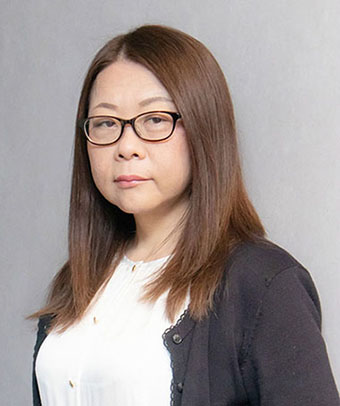
One of Kodama’s most notable contributions to the games industry is her involvement with Sega’s Phantasy Star series. After the Dragon Quest series proved popular on Nintendo’s Famicom platform, Sega decided they wanted to fight back with their own RPG. Kodama acted as the main artist for the game, with her responsibilities including the character designs, 2D environments, battle screen backgrounds and NPCs.
Drawing inspiration from how the Star Wars series took elements from Japanese and Asian culture, she infused Phantasy Star with elements of western popular culture and folklore, creating a setting that was unmistakably sci-fi, but with medieval-feeling elements; in many respects, it was taking the exact opposite approach to Final Fantasy, whose early installments were primarily medieval or high fantasy in tone, but incorporating sci-fi elements.
Rieko Kodama’s early career unfolded in a time when video games were a primarily male-coded activity, but she strongly believed that girls and women were gradually starting to take a greater interest in gaming. Since throughout the ’80s, more and more girls were growing up with games around them — both out in the world via arcades and at home via computers and game consoles — she believed that young women were becoming more likely to purchase video games or even join the industry when they were older.
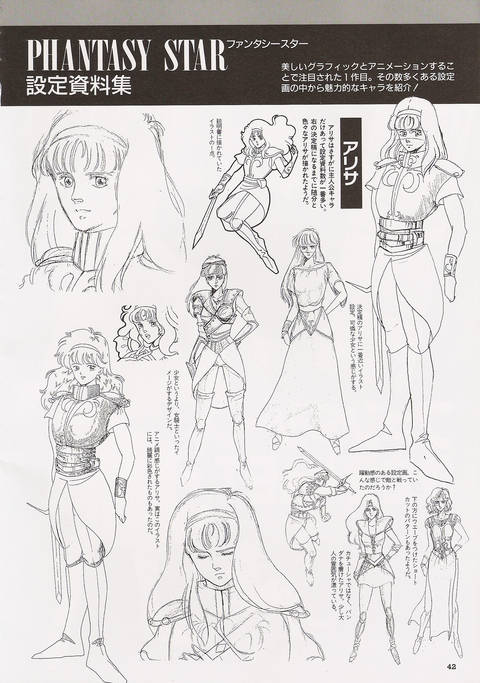
She noted that girls and women appeared to particularly enjoy RPGs, and felt that those who enjoyed this kind of game had a noticeably stronger desire to work in the industry. As such, she ensured that the games she worked on were not specifically designed for a female audience, but instead simply avoided incorporating elements that either specifically attracted men, or which treated women unfairly. As such, she preferred that her projects avoided glorifying violence and war, and instead had a more universal appeal.
Speaking with The Next Level in 2004, she noted that the games which attracted female audiences tended to feature a lot more strong-willed women, and indeed this remains true to this day; a lot of Japanese series that are popular with women (including the Neptunia and Senran Kagura franchises) are full of powerful female characters, sometimes to the complete exclusion of men. That said, she always sought to make characters that both men and women could relate to, regardless of the character’s gender.
Kodama’s progressive views frequently found themselves part of her work. The original Phantasy Star featured a female protagonist known as Alis — a strong contrast from other male-dominated games around at the time — and the original draft of the character Lutz (aka Noah in the western release) defined them as being intersex, with the ability to become specifically male or female later in the game. This didn’t actually happen in the end, though Kodama did deliberately still ensure that Lutz had an androgynous appearance in the final game.
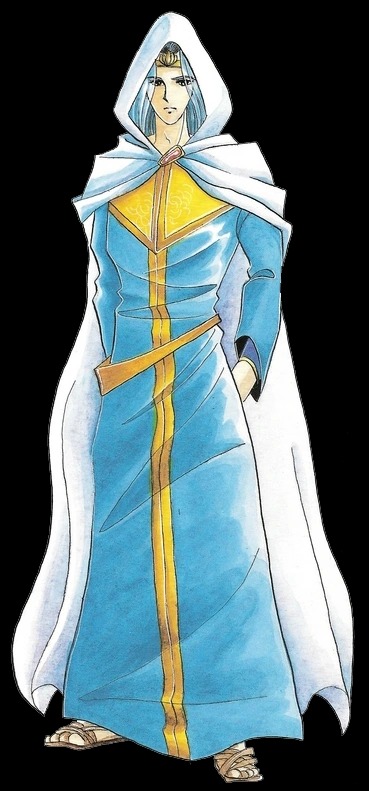
On top of this, the Phantasy Star series as a whole has always been about a diverse cast of characters uniting for a common purpose, regardless of characteristics such as gender, species or home planet. She continued to be involved with the series over time, primarily in the art and planning departments, and made her directorial debut with Phantasy Star IV: The End of the Millennium.
Beyond Phantasy Star, Kodama also worked on a wide variety of other properties for Sega, with her artwork featuring in a variety of classics from the 16-bit era including the Mega Drive ports of Sorcerian, SpellCaster, Altered Beast, Shadow Dancer, Sonic the Hedgehog and Sonic 2. After she proved her capabilities with Phantasy Star IV, she also directed the video game adaptation of the manga series Magic Knight Rayearth for Sega Saturn, and led the development of classic Dreamcast RPG Skies of Arcadia.
Speaking with GameSpy in 2002, Kodama noted that despite how the game was running on powerful new polygonal 3D technology, she wanted it to be a throwback to the 16-bit era. “The purpose of making Arcadia was that we didn’t really want to rely on movies and attractiveness of graphics,” she said. “We wanted to pursue some original interests of the user. As creators, if you do not forget how much we all enjoyed 16-bit adventures and try to bring these adventures to the users, we can satisfy both 16-bit users and new users.”
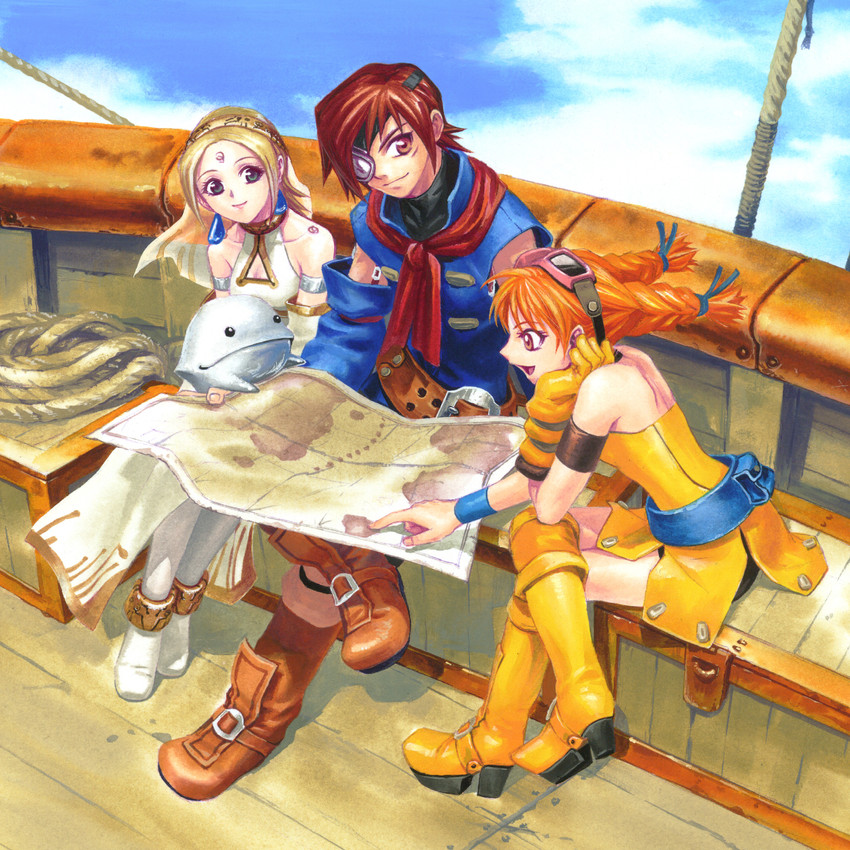
In some respects, this felt like a bit of a jab at Square’s Final Fantasy series, which had become increasingly reliant on spectacular cutscenes throughout the 32-bit era. But it wasn’t a mean-spirited comment; instead, it was simply testament to how Kodama designed games: she wanted players to continue using their imaginations as well as relying on the things that were explicitly depicted on-screen.
“In the past when the graphics weren’t 3D and weren’t really real, we had some room for imagination,” she explained. “It’s like when you read a book. For example, when you use a sword in a game now you see it realistically. In the past you could not. Many games provide everything, so there’s no room for imagination.”
Kodama’s last works included the 7th Dragon series for Nintendo DS and 3DS, plus the Sony PSP. Most of this series did not make it west, aside from the final 3DS installment, though fan translations exist. It’s a series worth exploring, though, since alongside Kodama, the series also features contributions from legendary composer Yuzo Koshiro, character designer Mota (who more recently contributed to Seven Pirates H), monster designer Akifumi Yamamoto (who, among other things, has contributed to Duel Masters) and director Kazuya Niinou, who also launched the Trauma Center and Etrian Odyssey series.
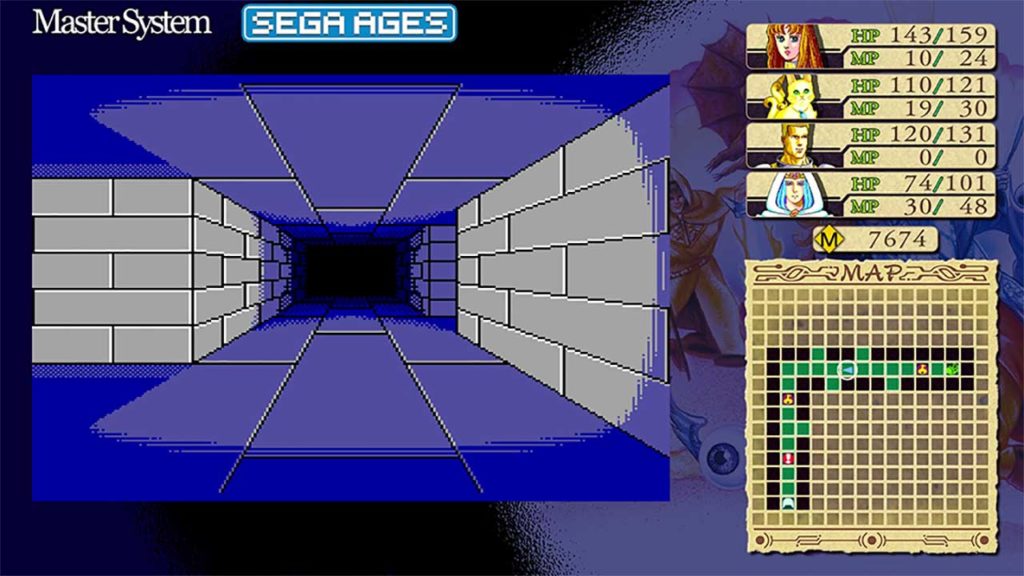
Kodama was also the lead producer on the fantastic Sega Ages series of retro reimaginings and rereleases for Nintendo Switch. It’s a shame that we won’t see any more of these, as these provided the absolute definitive versions of a variety of Sega classics — including the original Phantasy Star — but it’s fitting that part of Kodama’s legacy in the industry is making classic games more accessible to modern audiences.
Kodama’s contributions to the world of video games are indisputable. Not only did she play a leading role in launching some of the world’s most beloved series of video games, she also helped make it a friendlier, more welcoming place for everyone, regardless of their background. She will be dearly missed by players and her colleagues alike, and we thank her sincerely for all that she has given us over the years.
Header photo by Yuji Naka. Original source here.
Join The Discussion
Rice Digital Discord
Rice Digital Twitter
Rice Digital Facebook
Or write us a letter for the Rice Digital Friday Letters Page by clicking here!
Disclosure: Some links in this article may be affiliate links, which means we may earn a small commission if you make a purchase after clicking on them. This is at no additional cost to you and helps support Rice Digital!
- Letter from the Editor: passing the torch - June 30, 2023
- Super Woden GP 2 is looking promising - June 30, 2023
- Inti Creates is making a 32 bit-style Love Live action platformer - June 26, 2023






